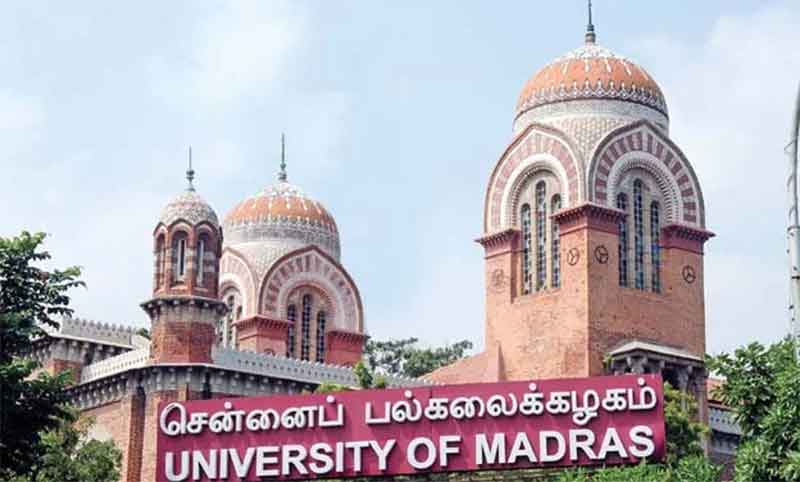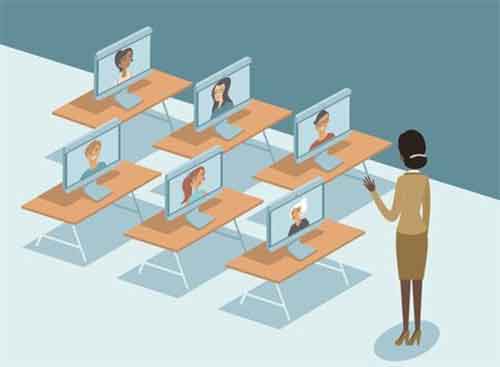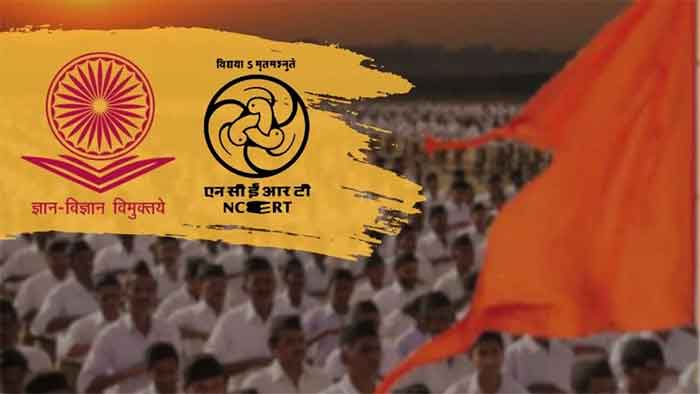
“To know that we know what we know, and to know that we do not know what we do not know, that is true knowledge”
(Nicolaus Copernicus).
Socratic knowledge in its true essence is neither any teaching in the conventional sense of world nor about filling the empty minds of largely passive students with facts and figures acquired through mugging up and rote memorizing. Rather it is a shared dialogue between teacher and the students in which both are responsible for carrying forward the process of learning through questioning and enquiry in order to achieve ever increasing progress and attain endless goals and objectives of education. In fact, this method of knowledge is all about promoting critical thinking by questioning the rhetorics and it’s replacement with enlightened approach. The beauty of this method lies in the fact that the teacher is as much a participant as a guide in the discussions and the dialogue process.
The pedagogues who practice Socratic method don’t rely on power point slides, lesson plans or pre-conceived notions rather dialogue remains the most effective and inalienable mechanism to inculcate necessary traits and attain desired objectives. This approach of acquisition of knowledge unravels the assumptions, purposes and motivations of life. In fact, it is all about what everyone thinks or feels about the world. Not only this, it also teaches us how to lead a good life and how that good life comes only through true knowledge. In nutshell, it bestows the real happiness which is in the form of achieving highest good.
Perils of Online Platforms
In India, internet penetration is only 50 Per cent. According to NSSO, most of the internet enabled homes in India are located in urban areas, where 42 per cent of population has internet access. However, In hinterlands, only 15 per cent of population is connected to internet. The main reason of less than efficient achievement of education is online education system. As per International Institute of Management Development, our country is at 44th rank in terms of digital competitiveness. Although we have improved in terms of knowledge and future readiness but still there is long way to go.
Lack of access and affordability continues to plague students and teachers alike. Teachers and students at both ends of classroom are merely completing formalities and exams have lost credibility. Besides, cost to health with continuous exposure to screens is altogether a different story.
Rigid insistence on rote learning has undermined proper and constructive academic interaction between teachers and students as well as exposed them to pressure cooker syndrome. Children are exposed to attractions of virtual world without any safety nets. Rectangular screens can hardly change or nurture the analytical ability of students. In fact, it has merely introduced the culture of competitiveness and accelerated the thriving market of ready-made tests.
What is more worrying is that we are creating ignorant masses who are lacking in critical reasoning and progressive thinking. In other terms, we are simply manufacturing the literate passive subjects and not the ruler’s or esoteric philosophers.
It’s high time for institutions all over the nation to re-reconsider the prevalent approach towards exams and grading system. Not only this, but also introspect into the impacts of stressful exams and explore innovative ways of evaluation of the teaching and learning process. Our education system need not to be fixated to cancelling exams and target completion of academic year. We need to reimagine education and build an equitable, effective and resilient educational system.
In order to attain these objectives, educational institution’s office bearers should start taking substantial initiatives, avoid short sighted decisions and decentralize decision making. This will overhaul education system in our country and make India a global knowledge Super Power aligned with SDG-04 envisioned by our National Education Policy.
All cannot be fair in pedagogic spaces. We need to redux the vision of Socrates, Plato and Aristotle. Education has never been about degrees and accolades. It is beyond marketing minacles. There is, thus, a dire need to deracinate the flaws of our educational system so that we can stand to architectonic principles of education itself and learn to serve and serve to learn. It is only the true knowledge which can help in promoting realization of highest good. Such knowledge is permanent. It entails good life and lastly culminates in sound moral character called virtue ethics.
Dr Rafi Ramzan Dar teaches Geography at GDC Kulgam and can be reached at [email protected]
GET COUNTERCURRENTS DAILY NEWSLETTER STRAIGHT TO YOUR INBOX
















































